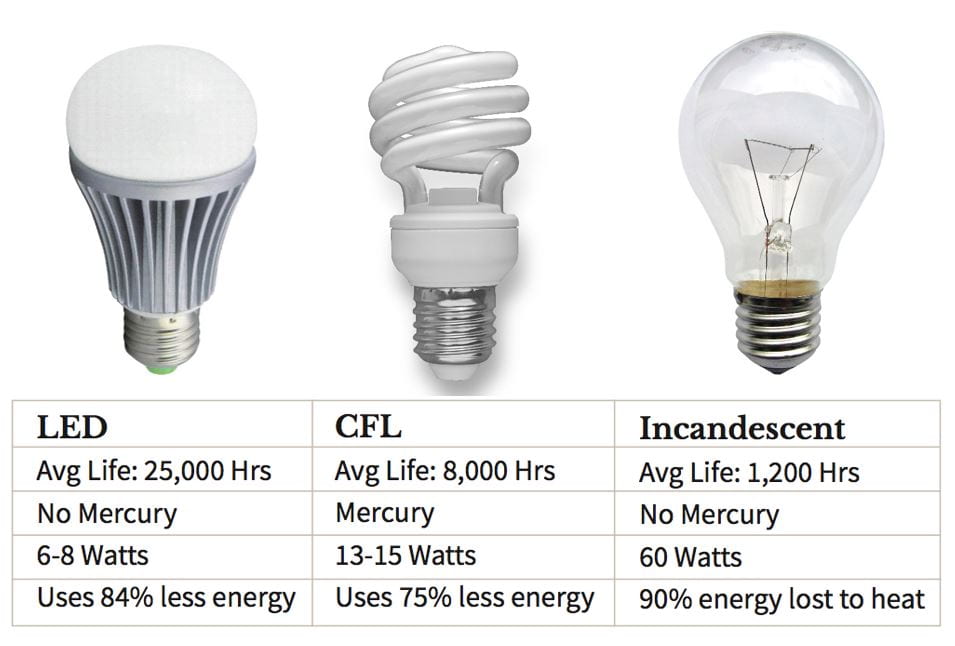According to The Sleep Foundation, your bedroom should be between 60 and 67 degrees Fahrenheit for optimal rest.
If you’re constantly overheating at night, your sleep quality may suffer. High heat disrupts your REM and slow-wave sleep cycles.
The next day, you’re bound to feel groggy and run down – a recipe for a hot mess.
Luckily, there are several creative steps you can take to beat the summer heat for a cool night’s sleep.
Some of these cool (pun intended) tips may even surprise you. For example, did you know the foods you choose to eat may increase your body heat?
1. Limit Spicy Foods, Caffeine, and Alcohol
If you’re a lover of spicy foods, your body temperature bears the brunt of your food choices.
When we eat spicy foods, our internal temperature begins to increase as a result of the heat radiating from our meal.
As our temperature rises, blood circulation follows. So does sweat, which doesn’t exactly create a comfortable feeling before bed.
@somnifix Replying to @somnifix Improve #digestion & #sleepquality by avoiding these foods at night! 🌙 #insomnia #learnontiktok #didyouknow #tyramine #sleep ♬ Bad Habit - Steve Lacy
That means that the spicy chile or spices you’ve grown to love may be best reserved for winter months.
Aside from spicy foods, alcohol and caffeine can also cause your body temperature to rise, adding to the overheated feeling that disrupts your sleep.
Avoid consuming caffeine any later than 2 PM and try to stop drinking alcohol at least three hours before bed.
If you must eat something before bed, opt for non-spicy foods that promote sleep, like cheese, walnuts, or bananas.
Aside from controlling your own body heat by choosing the proper foods, you should also control the heat in your room by becoming proactive about the amount of light that radiates through your windows during the day.
2. Black Out The Light, Black Out the Heat!
Do you keep your blinds and curtains open during the day?
If so, excessive heat may be entering your home and bedroom. Keeping blinds and curtains closed may prevent overheating during sleep by lowering the overall temperature of your room.
Opt for blackout curtains for optimal temperature control.
Come nightfall, pay attention to the types of lightbulbs you use to light your home.
Incandescent bulbs put off all of their energy as heat, so keeping these types of bulbs on makes it harder to cool down the house once it’s time for lights out.
Energy-efficient CFL or LED bulbs not only put off far less heat; they help you conserve energy to help you save on your electric bill.
They also offer a longer lifespan than incandescent bulbs, making them well worth the initial investment.
Once you’ve drawn the curtains and switched over your bulbs to lower the heat level of your home, turn your attention toward your freezer!
3. Freeze It!
While it may sound unconventional, freezing your socks offers a cool solution for lowering your body heat at night.
Put your socks in a bag and toss them in the freezer around 45 minutes to an hour before bed.
When you’re ready to hit the hay, throw your frozen socks on and drift off.

If you’re not interested in wearing icy socks, freeze a water bottle or ice pack instead.
Then, use the water bottle or ice pack to keep your head and neck cool. You can cool certain pulse points on the body with your frozen item of choice, too.
Pulse points that offer optimal cooling effects include the back of the knees, the inside of the elbows, and the tops of your feet, wrists, and ankles.
Ice these areas for 20 minutes at a time and you’ll feel cool enough to fall asleep quickly.
Take it a step further by dampening your sheets before bed. This tried and true method has ancient roots.
4. Try the Egyptian Sleeping Method
According to some legends, ancient Egyptians used to dampen their sheets to prevent overheating during sleep on hot summer nights.
To practice this method, throw your bed sheets on a quick spin cycle so they’re damp but not fully wet.
Make your bed and climb in for cool, sleepy bliss. Dampen the top sheet only if the sensation of both your bottom and top sheet being slightly wet isn’t for you.
If you still can’t get used to a damp sheet, opt for a damp towel instead.
As a happy medium, purchase natural bedding that’s more breathable than the synthetic materials your existing bedding may be made of.
5. Opt for Natural, Breathable Bedding
Overheating at night may be due to your bedding choices.
Synthetic materials like polyester are far less breathable than natural materials like cotton, linen, or bamboo.
These natural materials offer improved breathability for cooler sleep. Some people even take it up a notch with a cooling mattress pad.

Mattresses tend to overheat when the air can’t circulate through the covers, rendering your bedroom fan useless.
As heat is trapped, moisture sticks to you, your sheets, and all of the layers within your mattress beneath you. Talk about uncomfortable!
While your mattress material can play into overheating during sleep, you may not be ready to tackle the huge expense of purchasing another one.
A cooling mattress pad offers some of the same benefits at a lower cost. Many feature special moisture-wicking materials that keep your bed soft without trapping extra heat, like this one from Sleep Zone.
Once you’ve selected your cooling mattress pad, consider letting your fuzzy friend sleep elsewhere during the hottest months of the year.
6. Resist Those Puppy-Dog Eyes
You’re not alone if you’ve got cuddly pets that want to snuggle up in bed with you.
Many people say that sleeping with their pets helps to diminish feelings of loneliness by providing companionship.
Moreover, research shows that even just petting a dog increases levels of serotonin, a “feel-good” chemical that helps to fight depression and anxiety.

That said, animals put off their own body heat which adds to the heat of your bed.
If you can resist puppy-dog eyes or the purrs of your sweet kitty, opt to have pets sleep in their own beds or move them down toward the foot of your bed instead.
While it sounds counterintuitive, you can further avoid overheating at night by warming up to cool down.
7. Warm Up to Cool Down
When you’re soaked and overheated, the last thing you may want to do is soak in a warm bath or hop in a warm shower.
However, it’s proven to lower body temperature according to a 2019 study.
Hot water sends an extra rush of blood to your extremities, creating an initial increase in body heat.

Directly afterward, you experience a drop in body temperature to help regulate the increase in heat, preventing overheating at night.
Hop into a warm shower around one to two hours before bed to give your body extra time to cool down before you head to sleep.
Drink a warm beverage for the same effect – ingesting something hot (and caffeine-free) helps to decrease your body’s heat retention by causing a ramp-up in temperature followed by a drop.
After you finish a soothing, warm cup of tea, there’s one last thing you should do before settling in for the night.
Bonus: Breathe Your Way to Cooler Sleep
Have you heard? Nasal breathing is the optimal breathing method.
It prevents overnight snoring and causes parasympathetic activation, which helps us put an end to overheating during sleep and shift into “rest and digest” mode.
Mouth breathing, however, activates the sympathetic nervous system, leading to “fight or flight” that might prevent you from cooling down.
Moreover, mouth breathing leads to poor oxygenation. Nasal breathing promotes adequate oxygen exchange while warming, filtering, and humidifying the air.
As you can imagine, nasal breathing rather than mouth breathing during the day takes some practice and awareness.
At night, however, it’s nearly impossible to prevent your mouth from falling open – especially if you’re a snorer.

Unless you use mouth tape, that is. Mouth tape ensures nasal breathing all night long for snore-free, quality sleep that helps keep your body in a relaxed, calm, cool state.
Tape typically contains harmful chemicals that lead to skin rashes and irritation.
That’s why we created SomniFix: a gentle, hypoallergenic mouth tape free from both latex and gluten.
Our gel-like adhesive provides a comfy, irritation-free fit while our patented central breathing vent helps you get used to the sensation of overnight mouth taping.
Put an end to overheating during sleep. Achieve your coolest night’s rest yet with SomniFix!




